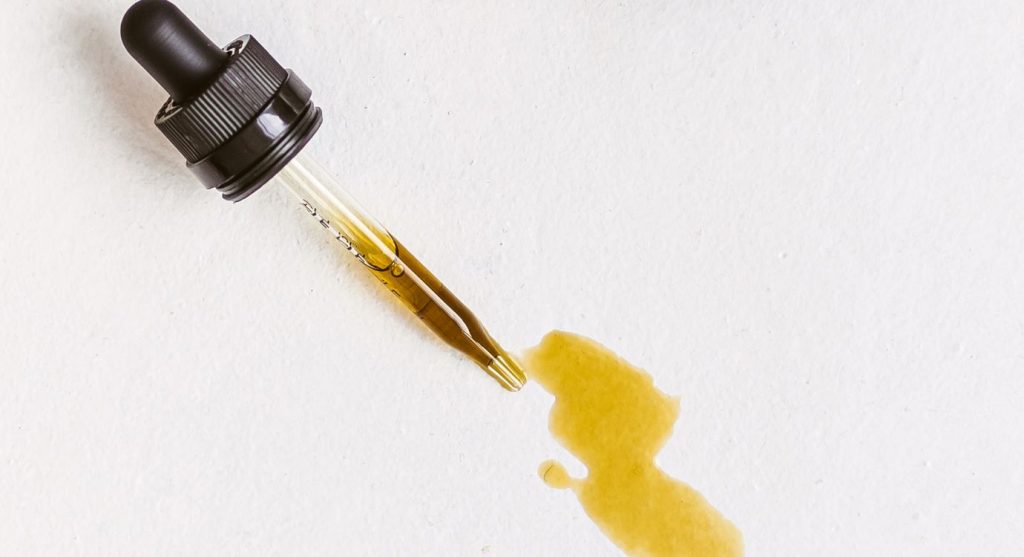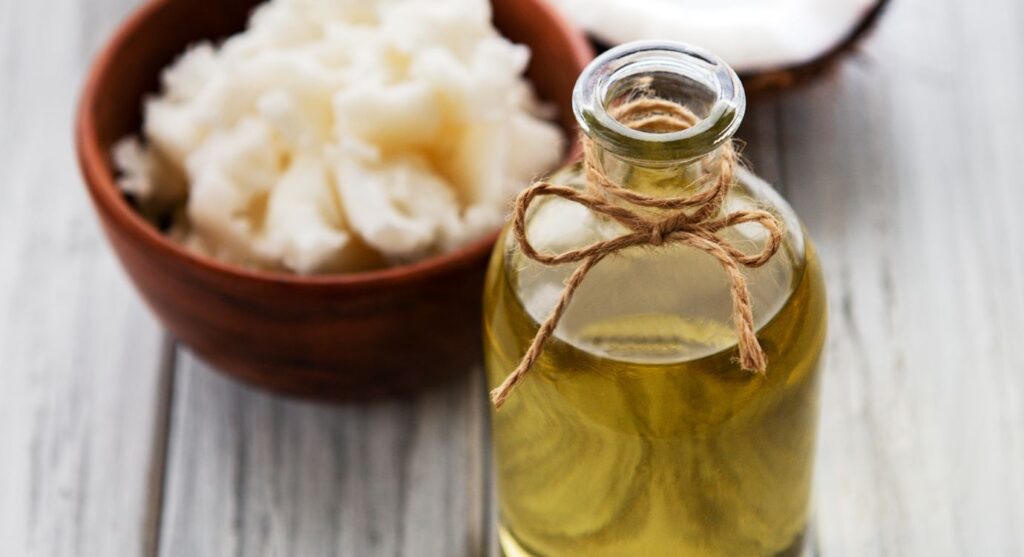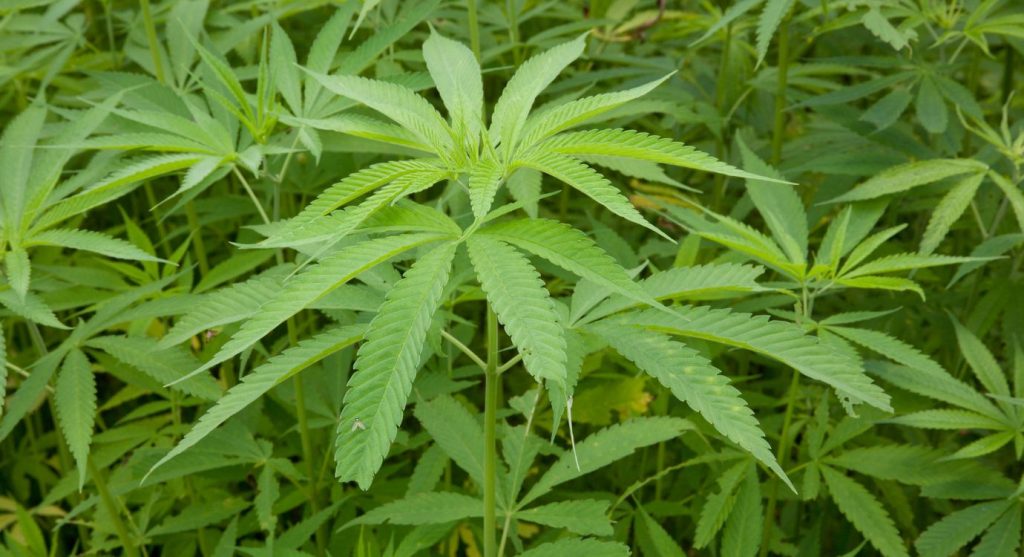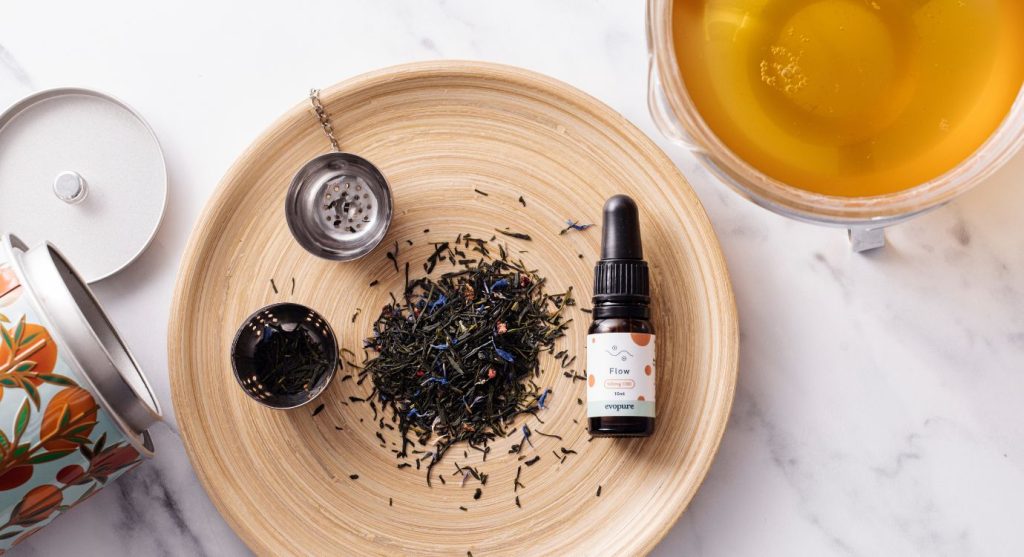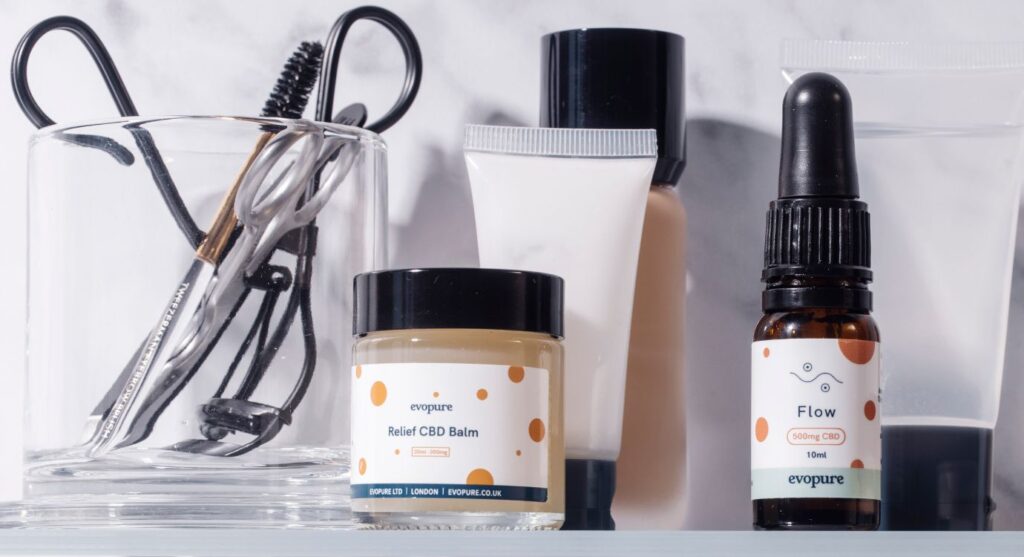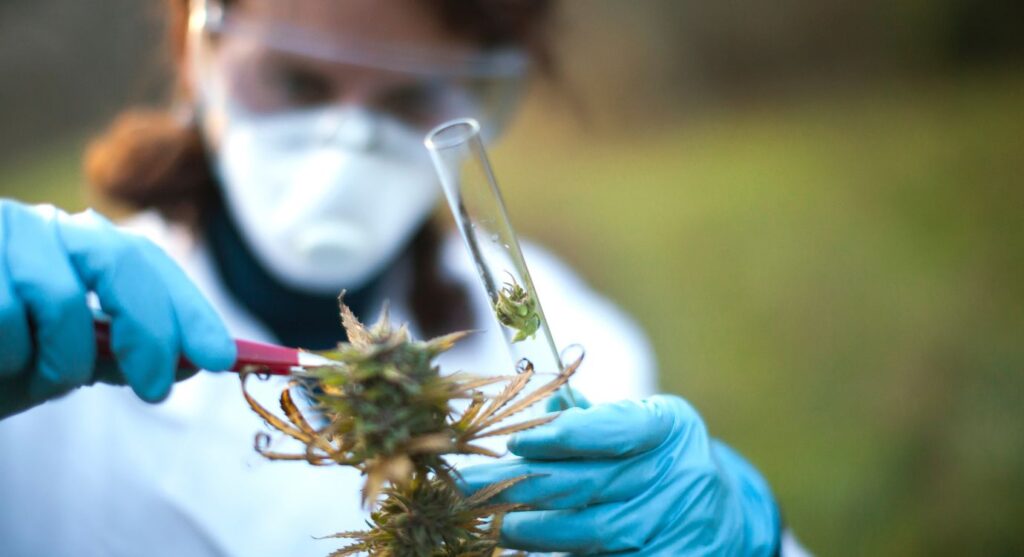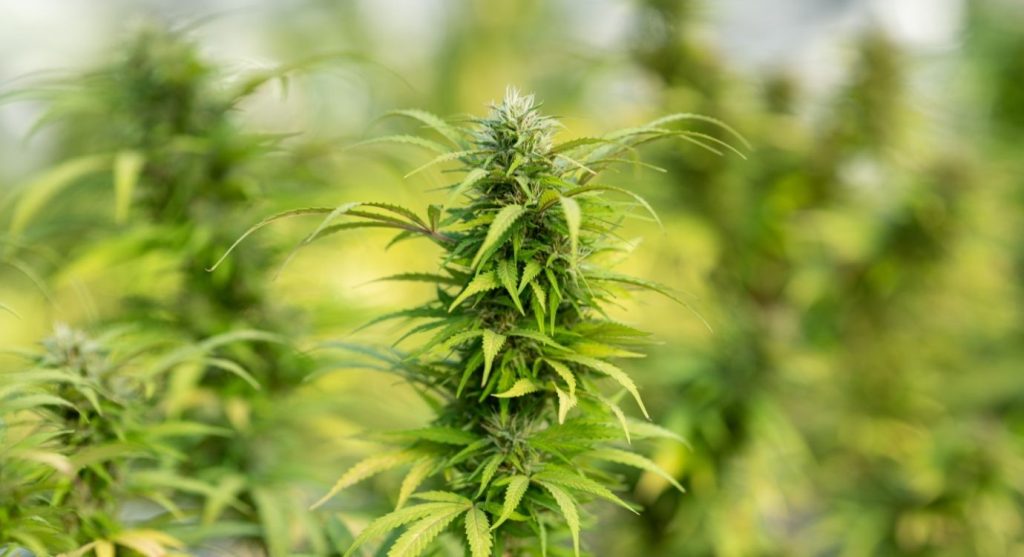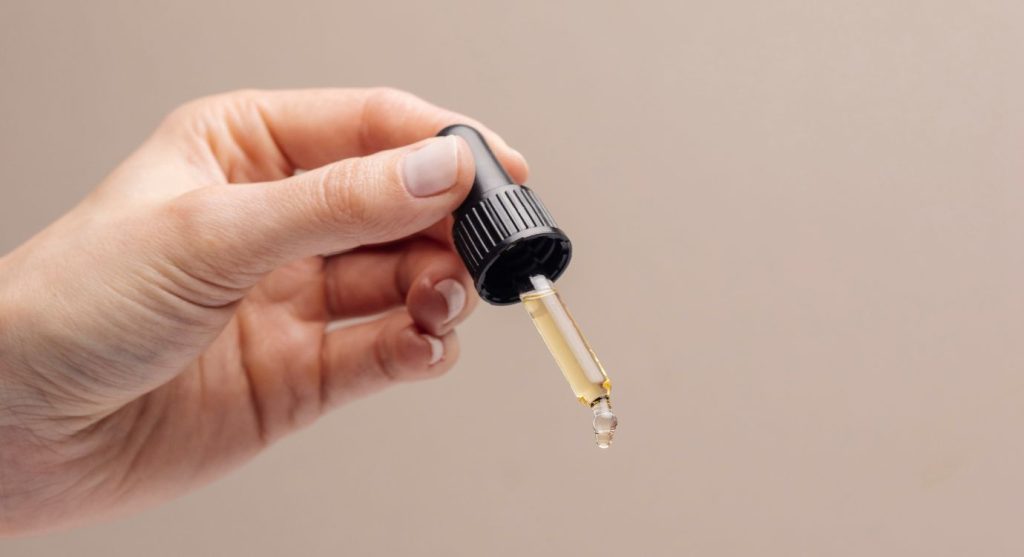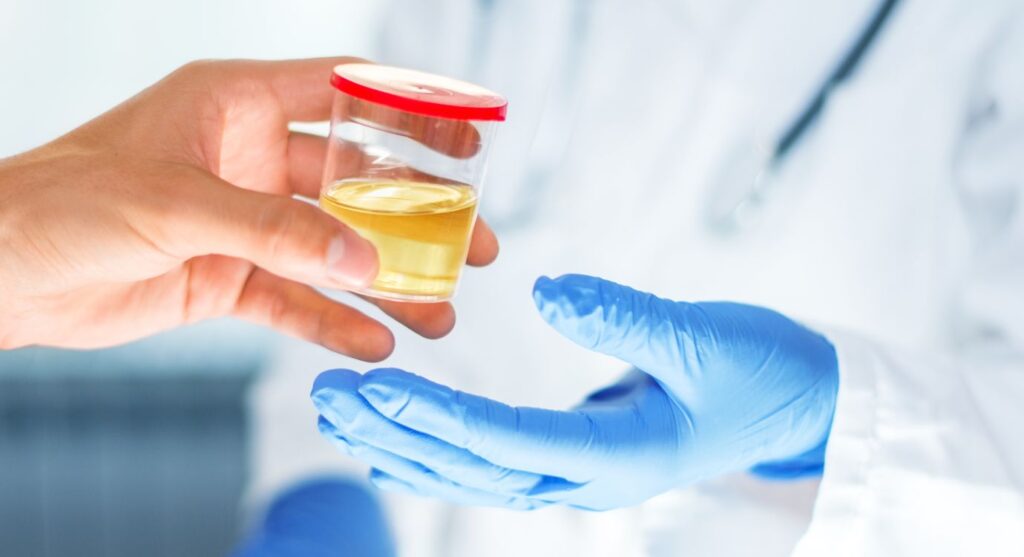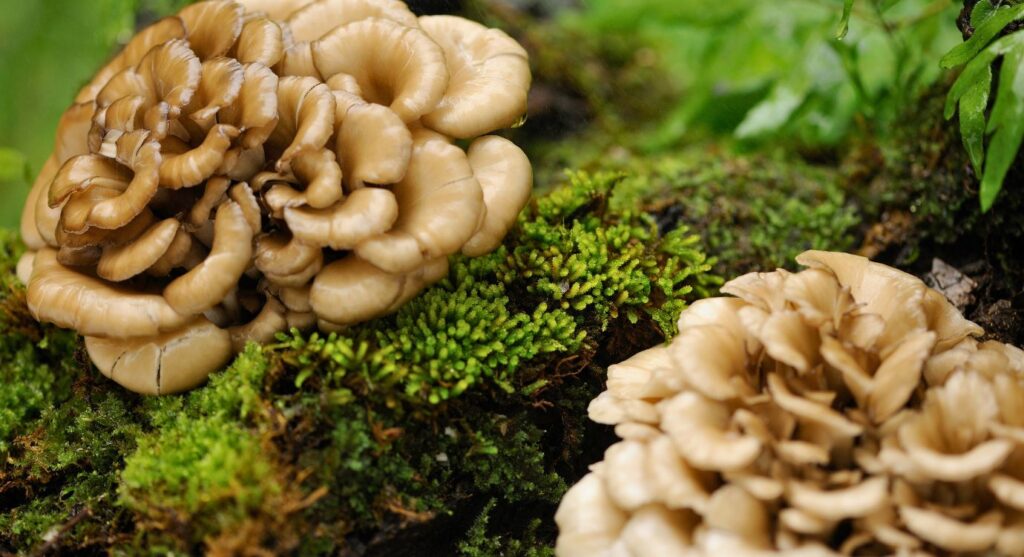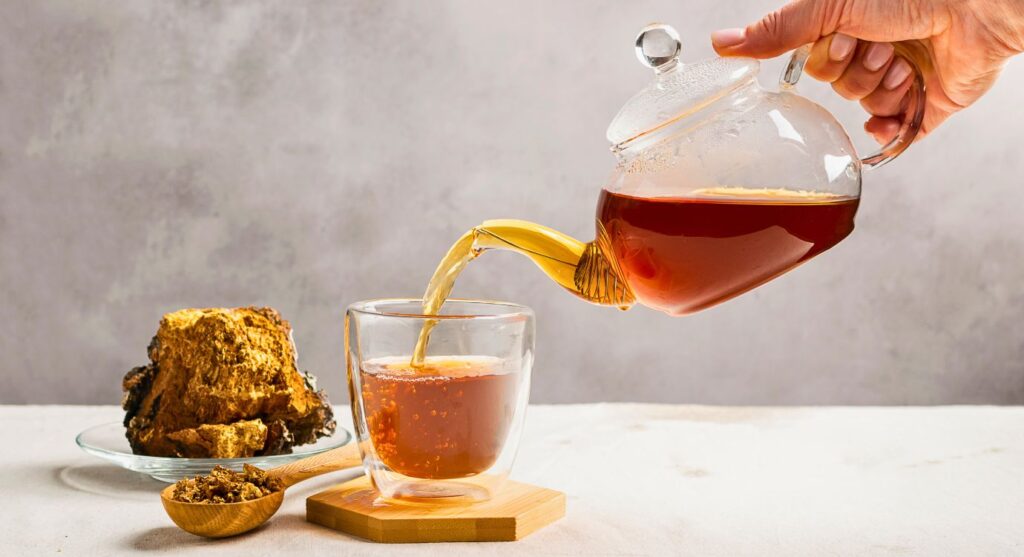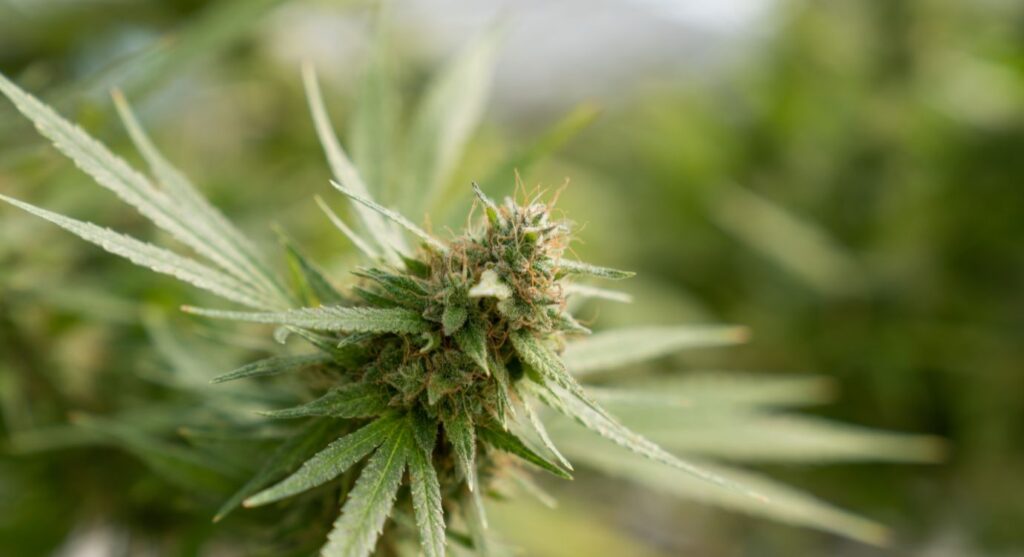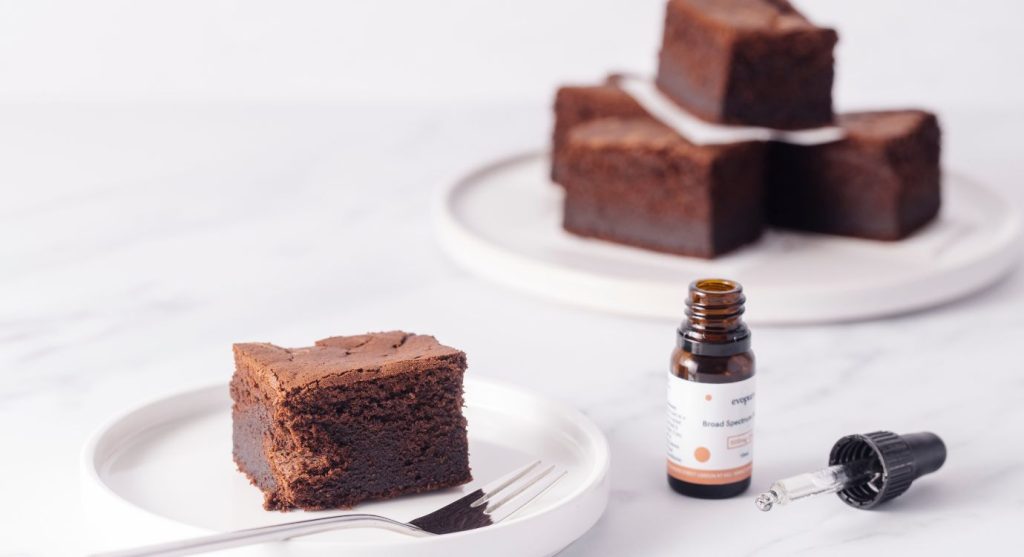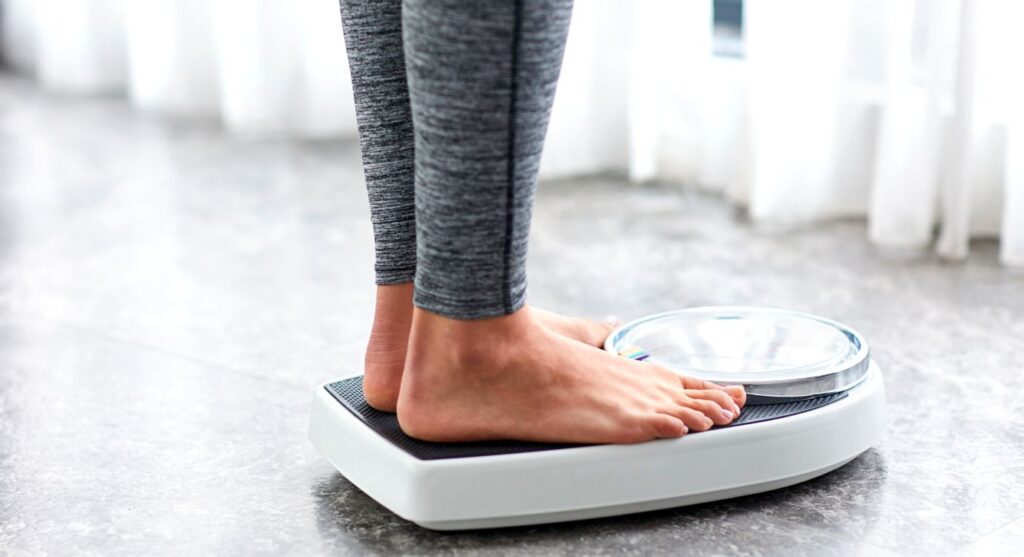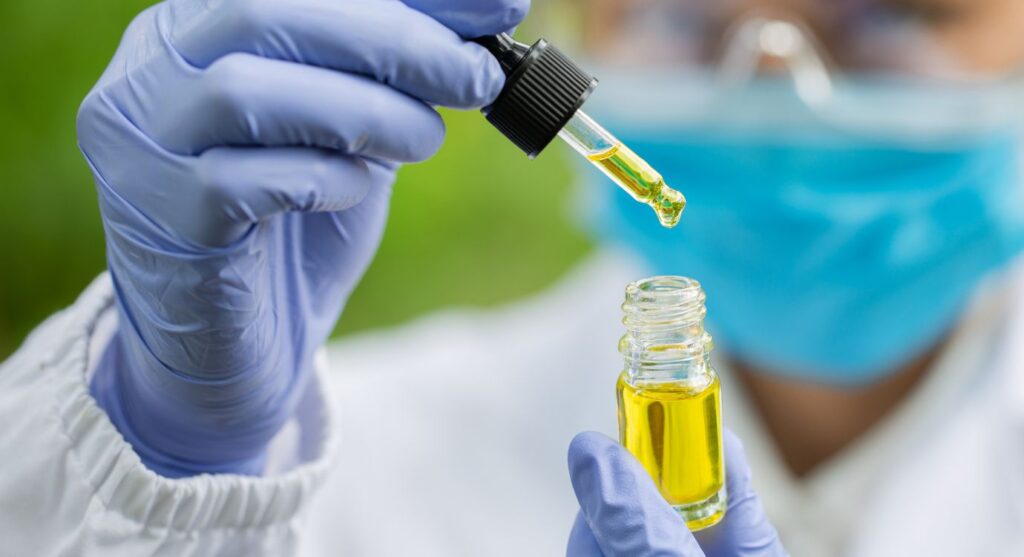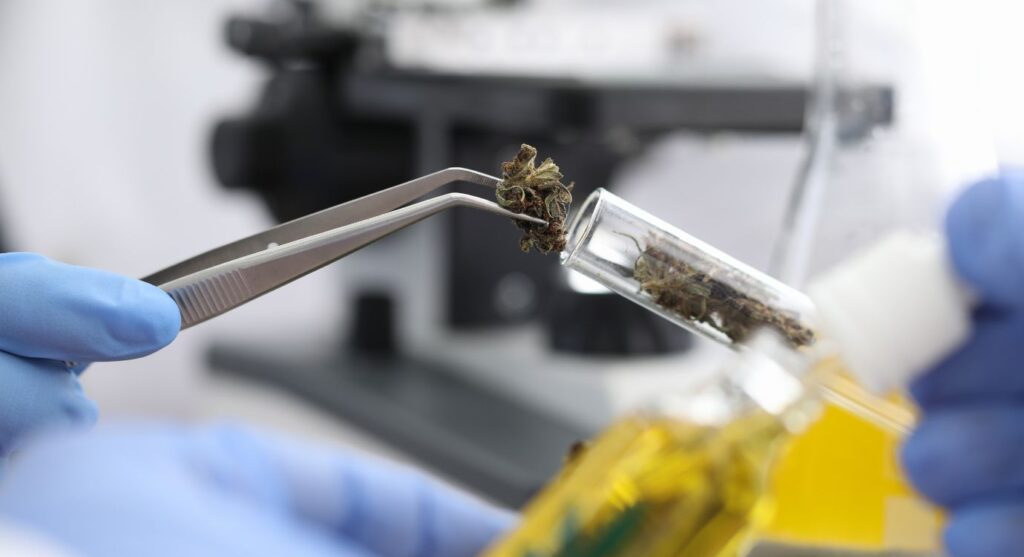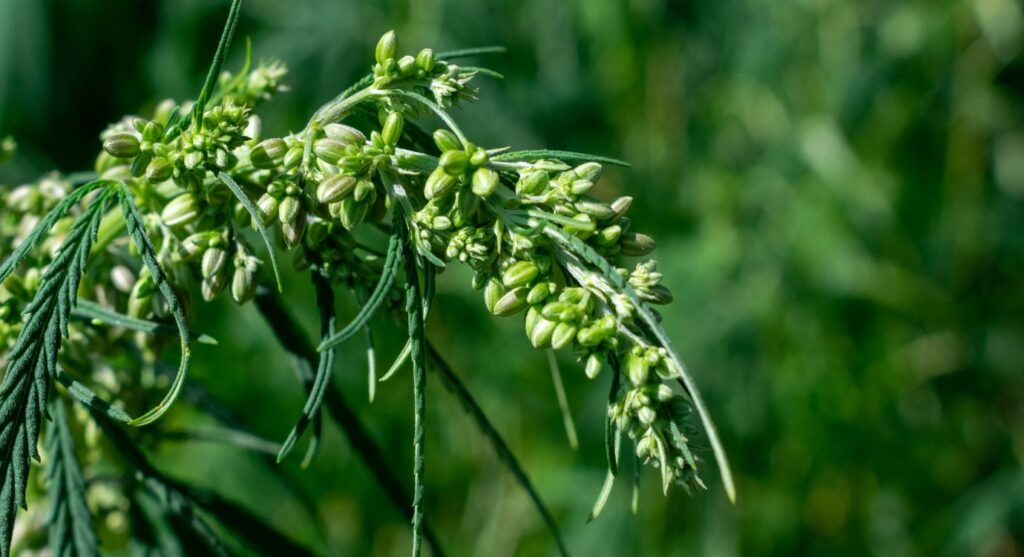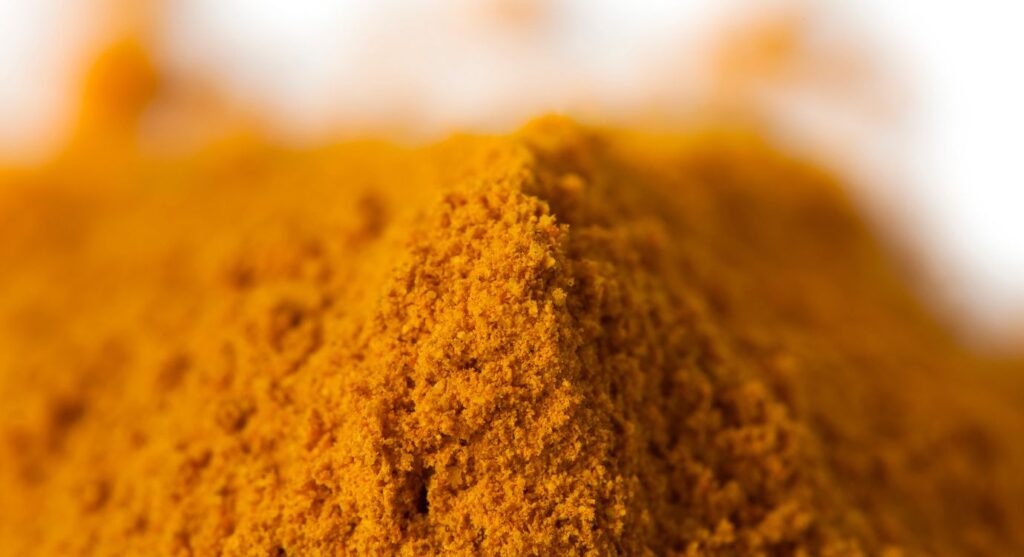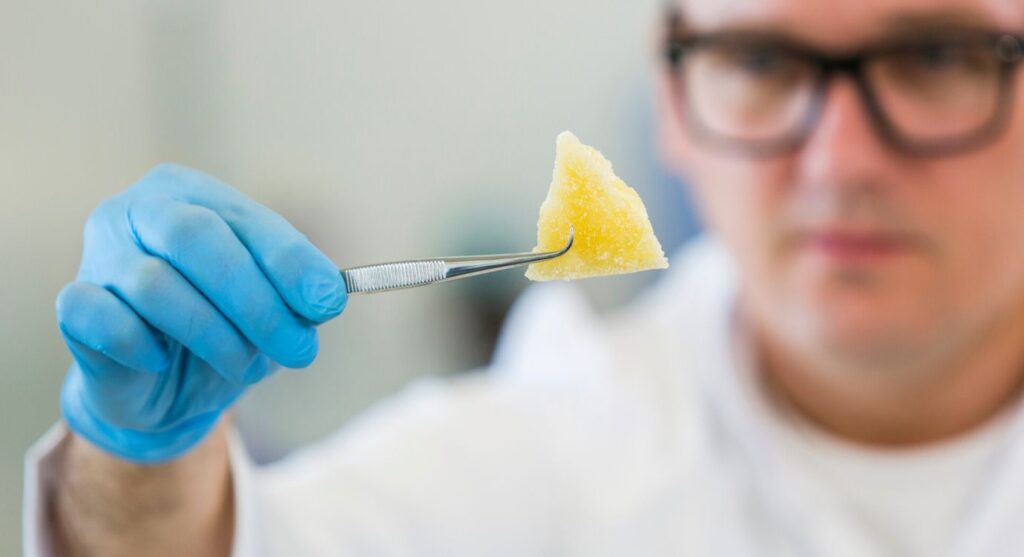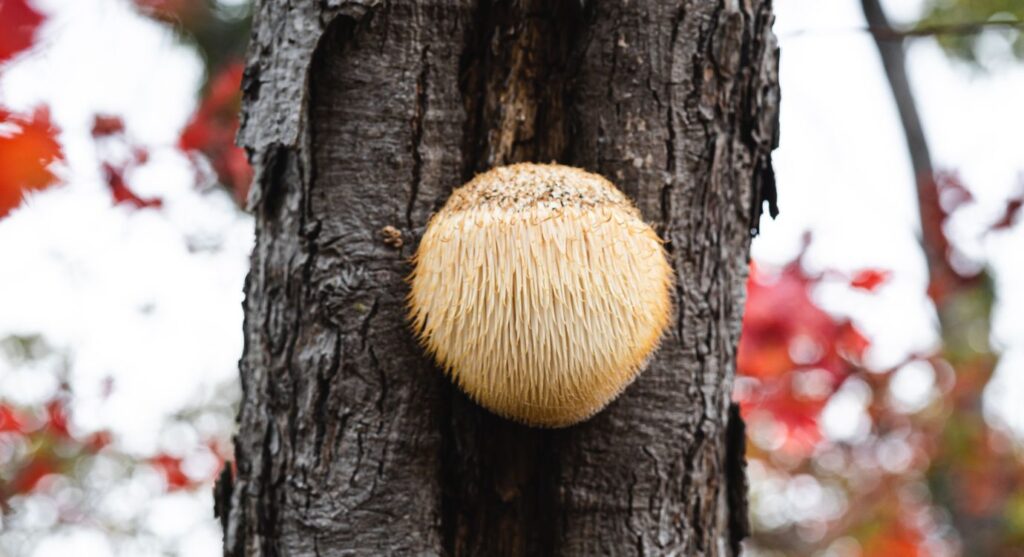Inflammation is part of the body’s natural defence process and can be either acute or chronic.
Although inflammation can be a good thing, when it persists for an abnormally long time (chronic inflammation), it can cause many problems.
Generally, the treatment for inflammation depends on what is causing it.
However, using medicinal mushrooms for inflammation has been gaining a lot of traction recently. Research indicates that these adaptogenic mushrooms may inhibit inflammation in the body.
But how exactly does this work? And what mushroom should you use for inflammation?
We’ll go into detail about this in the following sections as we discuss:
- How mushrooms combat inflammation
- How to use mushrooms for inflammation
- What the best mushrooms are for inflammation
In this guide:
Are mushrooms good for inflammation?
Yes, mushrooms are believed to have anti-inflammatory properties and may be beneficial in reducing inflammation in the body.
Studies have shown that certain compounds found in mushrooms, such as beta-glucans and ergothioneine, have anti-inflammatory effects and can help fine-tune your body’s immune response.
Beta-glucans are polysaccharides that stimulate the immune system, helping to increase the activity of white blood cells that fight off infections and disease.
It also reduces the production of pro-inflammatory cytokines, which are signalling molecules that contribute to the inflammatory response.
On the other hand, Ergothioneine is a naturally occurring antioxidant that has been shown to protect cells from oxidative stress and inflammation, which can contribute to various health problems.
Additionally, Ergothioneine is believed to regulate the immune response by reducing the production of pro-inflammatory cytokines and increasing the activity of anti-inflammatory immune cells.
So, beta-glucans and ergothioneine together are believed to have a synergistic effect on reducing chronic inflammation in the body.
That said, the anti-inflammatory properties of mushrooms may vary depending on the type of mushroom and how it is prepared.
It’s also important to note that despite the fact that medicinal mushrooms can be a fantastic addition to your healthcare arsenal, they should not be used as a substitute for medical treatment.


Can mushrooms cause inflammation?
Generally speaking, mushrooms don’t cause inflammation in healthy people.
As mentioned in the previous section, mushrooms have anti-inflammatory properties and are typically known to combat inflammation, not cause it.
But there is a loophole.
Some people may have allergies or sensitivities to certain types of mushrooms, which can cause an inflammatory response.
Common symptoms of mushroom allergy or sensitivity include skin rashes, itching, hives, swelling, digestive upset, and difficulty breathing.
Additionally, some types of mushrooms, such as poisonous mushrooms or those contaminated with harmful substances, can cause inflammation and other serious health problems.
This is why it’s important only to consume mushrooms that are known to be safe and to prepare them properly to avoid potential health risks.
What are the best mushrooms for inflammation?
So, now that we know how mushrooms combat inflammation, the question is, what are the best mushrooms for inflammation?
Let’s take a look.
Reishi mushroom for inflammation
Reishi mushrooms, a.k.a Ganoderma Lucidum, contain various bioactive compounds with anti-inflammatory effects, including triterpenes, polysaccharides, and peptidoglycans.
Triterpenes are one of the main anti-inflammatory components found in Reishi mushrooms. These are a group of organic compounds that offer various health benefits, such as anti-inflammatory, antioxidant, and anticancer effects.
Triterpenes have been shown to inhibit the production of inflammatory molecules, such as prostaglandins and leukotrienes, which play a role in the development of inflammation in the body.
Other compounds in reishi mushrooms, such as polysaccharides and peptidoglycans, also inhibit the production of inflammatory cytokines, which can help reduce inflammation in the body.
P.S. Check out Evopure’s amazing Reishi Mushroom Powder with Cacao!


Shiitake mushroom for inflammation
Like Reishi, Shiitake mushrooms contain various bioactive compounds with anti-inflammatory effects, such as polysaccharides, ergothioneine, and beta-glucans.
One of the main anti-inflammatory compounds in shiitake mushrooms is ergothioneine, a naturally occurring antioxidant and anti-inflammatory compound.
Beta-glucans are also present in shiitake mushrooms and modulate the immune system by activating immune cells and inhibiting the production of inflammatory cytokines.
In addition to these compounds, shiitake mushrooms also contain other anti-inflammatory compounds, such as linoleic acid and alpha-linolenic acid, which are essential fatty acids with anti-inflammatory effects.
Read more: Guide to Shiitake mushrooms
Maitake mushroom for inflammation
Ergosterol is a precursor to vitamin D found in Maitake.
While the exact mechanism by which ergosterol combats inflammation is not fully understood, some studies suggest that it may have anti-inflammatory effects by regulating the activity of immune cells.
When the body is exposed to an inflammatory stimulus, immune cells called macrophages are activated, releasing pro-inflammatory cytokines that lead to inflammation.
However, it is believed that ergosterol may reduce the activity of macrophages, which inhibit the production of these cytokines, thereby suppressing the inflammatory response.
Additionally, ergosterol has antioxidant properties. Oxidative stress is a process that can contribute to the development of inflammation and various diseases, including cancer, heart disease, and neurodegenerative disorders.
As an antioxidant, ergosterol may help protect cells from oxidative damage and reduce inflammation in the body.
Read more: Guide to maitake mushrooms
Cordyceps mushroom for inflammation
Two of the main anti-inflammatory bioactive compounds in cordyceps are cordycepin and adenosine.
One potential mechanism by which cordycepin may combat inflammation is by inhibiting the activity of enzymes that produce pro-inflammatory molecules.
For example, cordycepin has been found to inhibit the activity of cyclooxygenase-2 (COX-2), an enzyme involved in producing inflammatory molecules. By inhibiting COX-2 activity, cordycepin may reduce inflammation in the body.
Cordyceps also contain adenosine, a purine nucleoside produced naturally by immune cells. When adenosine binds to specific receptors on immune cells, it suppresses the activity of macrophages, which combats inflammation.
Adenosine also reduces the activity of other immune cells involved in the inflammatory response, such as neutrophils and T cells, leading to reduced inflammation in the body.
Read more: Guide to cordyceps mushrooms


How do I use mushrooms for inflammation?
There are several ways you can use mushrooms to help reduce inflammation. Some of the most popular methods include:
Consume mushroom extracts
Mushroom extracts, such as turkey tail extract or reishi extract, can be taken as a dietary supplement to help reduce inflammation. These extracts are usually available in capsules or liquid form and can be found in health food stores or online.
Add mushrooms to your diet
You can also incorporate mushrooms into your diet by adding them to your meals. Shiitake, maitake, and oyster mushrooms are all good choices for reducing inflammation. You can sauté them with vegetables, add them to soups, or include them in stir-fries.
Drink mushroom tea
Some mushrooms, such as chaga and cordyceps, can be brewed into a tea that can be consumed daily to help reduce inflammation. To make mushroom tea, simply steep a teaspoon of dried mushroom powder in hot water for 20-30 minutes.
Use mushroom powder
Mushroom powders, such as reishi mushroom powder, can be added to smoothies or other beverages to help reduce inflammation. These powders are made from dried mushrooms that have been ground into a fine powder and can be found in health food stores or online.
Final words
Functional mushrooms are believed to have anti-inflammatory properties due to the presence of various bioactive compounds such as beta-glucans, ergothioneine, polysaccharides, and triterpenes.
These compounds have been found to regulate the immune response of the body and reduce the production of pro-inflammatory cytokines while increasing the activity of anti-inflammatory immune cells.
Overall, mushrooms can be a natural and effective way to reduce chronic inflammation and manage various health conditions.
10% off on your first order
Complete this one-minute quiz and find the right products for you.





